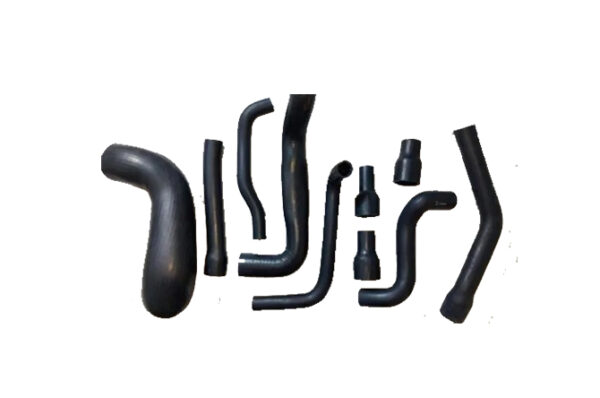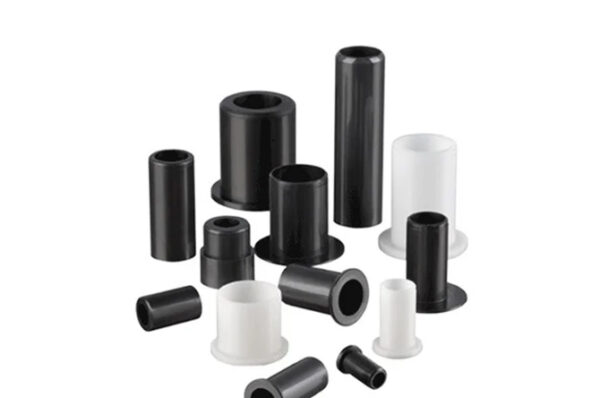PVC Water Stopper, also known as PVC Waterstops, is a critical component in the construction industry, particularly in waterproofing projects. Its primary function is to prevent water leakage in concrete structures, ensuring the longevity and integrity of the construction. Whether you’re dealing with foundations, tunnels, reservoirs, or water treatment plants, understanding the importance and application of PVC Water Stoppers can significantly enhance the durability of your projects.
What is a PVC Water Stopper?
PVC Water Stopper is a flexible, durable material made from polyvinyl chloride (PVC). It is embedded in concrete joints to prevent water from passing through the joints and into the structure. These joints are typically the most vulnerable parts of a concrete structure, where leaks can easily occur if not properly sealed.
Water stoppers come in various shapes and sizes, each designed for specific applications. The most common types include dumbbell shapes, center bulbs, and ribbed profiles. The choice of PVC Water Stopper depends on the type of joint and the expected water pressure.
Key Benefits of Using PVC Water Stoppers
- Waterproofing Efficiency: PVC Water Stoppers are highly effective in preventing water from penetrating concrete structures. This is crucial in projects where water tightness is essential, such as in dams, water reservoirs, and sewage treatment plants.
- Durability and Flexibility: Made from high-quality PVC, these water stoppers offer excellent resistance to chemicals, corrosion, and weathering. Their flexibility allows them to accommodate movements in the structure without compromising their sealing ability.
- Easy Installation: PVC Water Stoppers are straightforward to install. They can be welded at the joints, ensuring a continuous barrier against water. This ease of installation reduces the time and cost associated with waterproofing projects.
- Versatility: PVC Water Stoppers are suitable for a wide range of applications, from small residential projects to large-scale industrial constructions. Their versatility makes them a preferred choice for contractors and engineers.
Applications of PVC Water Stoppers
PVC Water Stoppers are used in various construction projects, particularly where water tightness is crucial. Some of the common applications include:
- Basements and Foundations: To prevent groundwater from seeping into the structure.
- Tunnels and Subways: Ensuring that underground transportation systems remain dry.
- Structures Designed to Retain Water: Such as dams, reservoirs, and swimming pools.
- Sewage Treatment Plants: To prevent leakage of sewage or treated water.
Factors to Consider When Choosing a PVC Water Stopper
Selecting the right PVC Water Stopper is crucial for the success of your waterproofing project. Consider the following factors:
. Type of Joint: The type of joint in your concrete structure will determine the shape and size of the water stopper. Expansion joints, construction joints, and contraction joints each require different types of water stoppers.
. Water Pressure: For structures exposed to high water pressure, such as dams or deep tunnels, choose a water stopper with a higher resistance to ensure long-term performance.
. Chemical Exposure: In environments where the water or soil contains aggressive chemicals, ensure the PVC Water Stopper is chemically resistant to avoid degradation over time.
Conclusion
PVC Water Stoppers play a vital role in the waterproofing of concrete structures, providing a reliable solution to prevent water leakage. Their flexibility, durability, and ease of installation make them an indispensable component in construction projects. By selecting the right water stopper for your specific needs, you can ensure the longevity and integrity of your structures, even in the most challenging environments. Whether you’re working on a small residential basement or a large industrial dam, investing in quality PVC Water Stoppers is essential for effective waterproofing.




